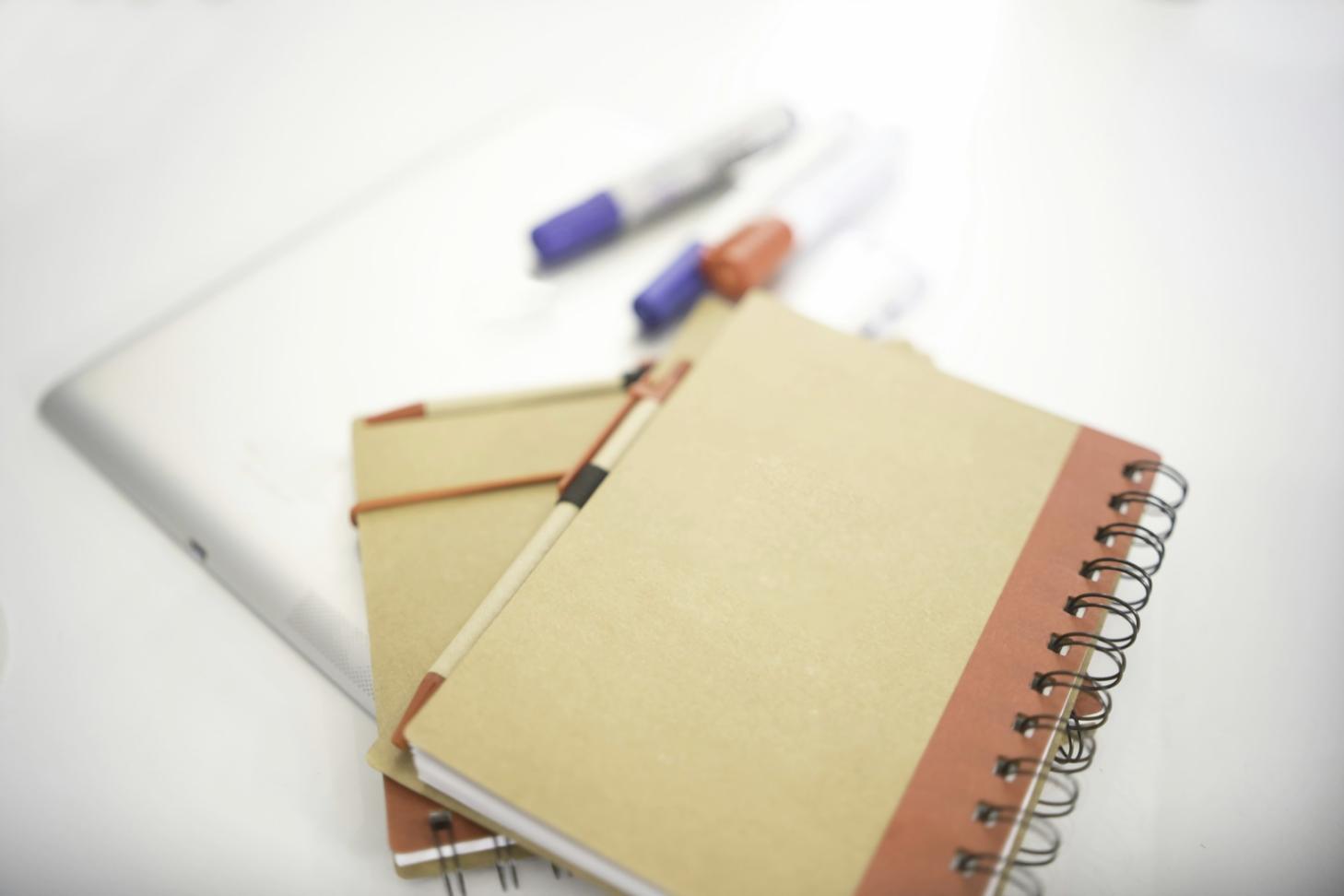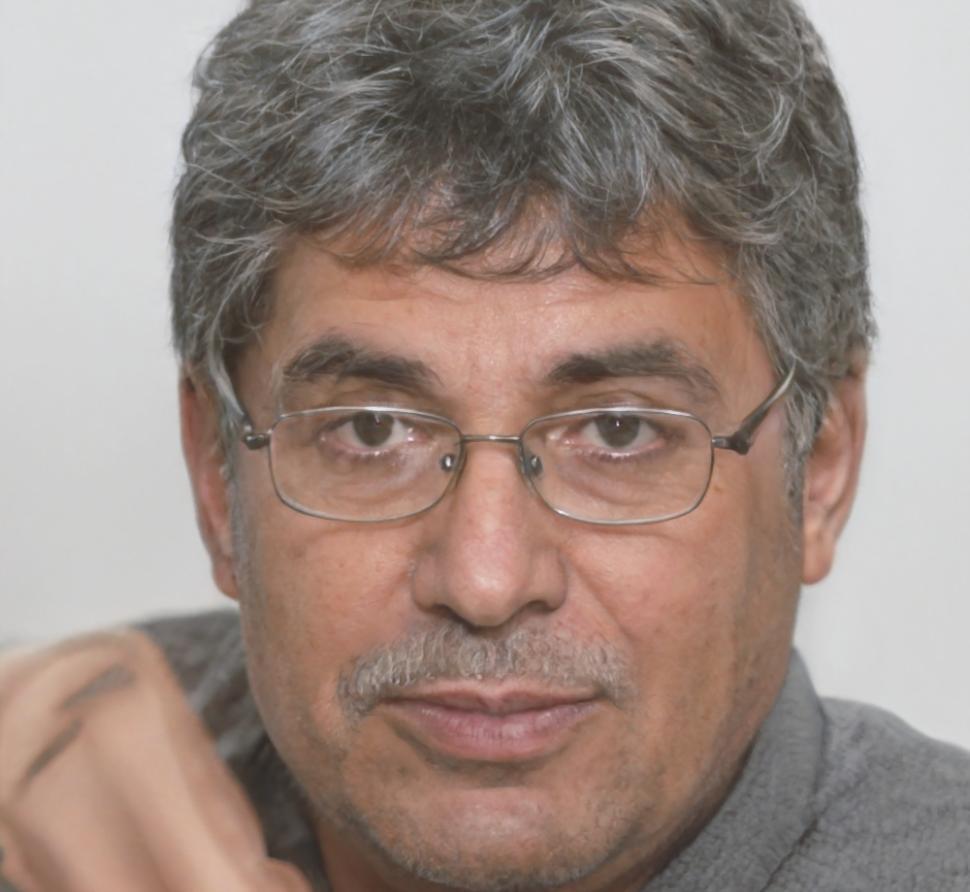Real Progress From Real People
Budget control isn't about restriction. It's about understanding where your money actually goes and making choices that align with what matters to you. These are stories from people who decided to take that step.
Everyone's starting point is different. What you'll read here reflects genuine experiences from individuals across Australia who worked through their own financial challenges during 2025 and early 2026.
Finn's Journey With Everyday Spending
Sometimes the biggest changes come from the smallest adjustments. Finn Hägglund, a graphic designer from Brisbane, started working with us in March 2025 because he couldn't figure out where his income was disappearing to each month.
The Starting Point
March 2025
Finn was earning a decent income but felt like he was living paycheck to paycheck. No big purchases, no obvious problems. Just a persistent feeling that money was slipping away. We sat down and mapped out three months of actual spending, not what he thought he spent.
The Discovery Phase
April 2025
Turned out his spending patterns were all over the place. Takeaway coffee wasn't the villain, but the combination of small subscription services, convenience purchases after work, and weekend spending added up to more than his rent. Not judging, just observing.
Building New Habits
May - July 2025
We didn't cut everything. That never works. Instead, Finn picked three areas to focus on. He kept the morning coffee but started meal prepping twice a week. Cancelled two streaming services he barely used. Started checking his budget app every Sunday instead of avoiding it.
Where He Is Now
February 2026
Finn's not perfect with his budget. He still has weeks where things get messy. But he's got about eleven weeks of expenses saved up now, and he knows exactly where his money goes. More importantly, he doesn't feel anxious checking his bank balance anymore. That shift in feeling matters more than the actual numbers sometimes.
Learning Together: The Couples Workshop Experience
Money disagreements don't mean you're bad with finances or bad at relationships. They mean you're two different people with different experiences trying to navigate something complicated. Our quarterly couples workshops bring people together who are working through similar challenges.

Different Money Stories
Everyone brings their own financial background to a relationship. One person might have grown up with parents who worried constantly about money. Another might come from a family that never discussed it. Neither approach is wrong, but they can clash in unexpected ways when you're sharing expenses.
The Workshop Approach
We run these sessions with six to eight couples at a time. You're not sharing your bank details with the room, but you are talking about the emotional side of money decisions. Why one person needs a safety buffer while another feels comfortable with less savings. How to handle different spending priorities without resentment building up.
What People Actually Get
The most common feedback we hear is that couples feel less alone in their struggles. Turns out most people argue about similar things, whether it's how much to save versus spend now, who handles the bills, or how to plan for bigger financial goals without one person feeling controlled.
How Siobhan Rebuilt After a Career Change
Changing careers usually means a temporary income drop. Siobhan Delaney left a steady administrative role in Melbourne to retrain as a dental hygienist in August 2024. She needed a budget system that could flex with her changing income throughout 2025.
Assessment
We looked at her savings, her expected study costs, and how long her transition would take. Eighteen months of reduced income while she completed certification. The maths were tight but workable.
Adjustment
Built a budget with two modes: study weeks with minimal income and clinic weeks where she could pick up casual work. Set up automatic transfers so savings happened before she could spend. Identified which expenses were truly fixed.
Adaptation
Things changed throughout the year. Clinic placements paid slightly better than expected. Her car needed repairs she hadn't budgeted for. We adjusted monthly based on reality, not the original perfect plan.
Achievement
Siobhan finished her qualification in January 2026 and started full-time work in February. She made it through without credit card debt and actually added a bit to her emergency fund. Not because she was exceptional with money, but because she stayed flexible and checked in regularly.
A Different Perspective on Financial Control
Sometimes hearing directly from someone who's been through the process helps more than any explanation we could offer.

"
I run a small plumbing business in Perth. For years I mixed personal and business money without really tracking either properly. I knew roughly what was coming in, roughly what was going out. Seemed fine until I realised I couldn't answer basic questions about my actual profit margins or whether I could afford to hire an apprentice. Started working with tavionkarex in June 2025. Honestly, the first few months were frustrating because tracking everything felt like extra work I didn't have time for. But once the systems were set up and I could see patterns in my spending, things clicked. I'm not suddenly wealthy, but I can make decisions based on actual information now instead of gut feeling. That's worth something.